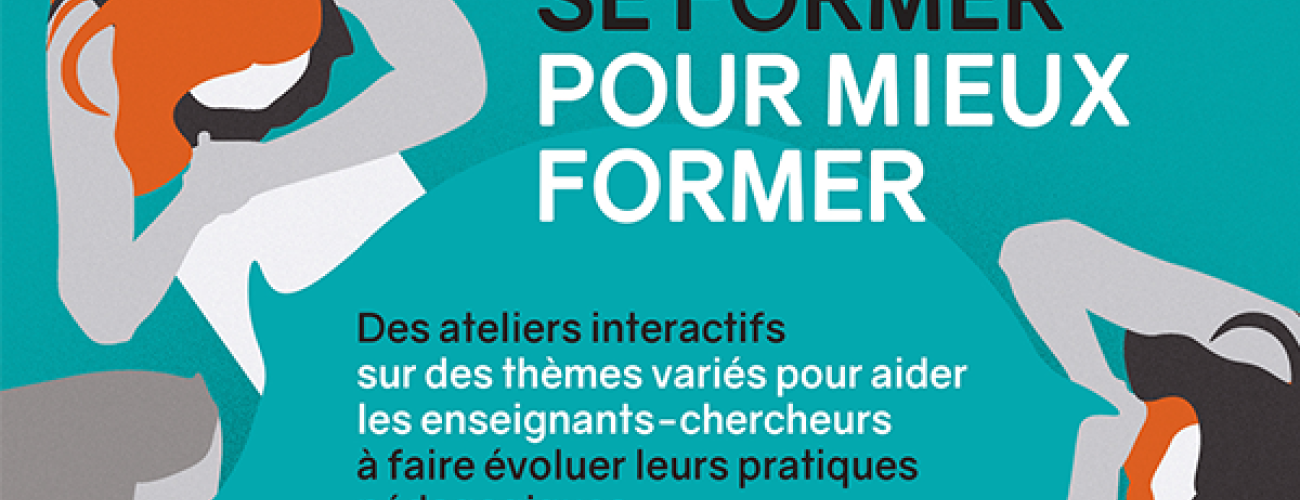
affiche Racine paristech
Newsletter n°9: interview with Gilles Buisson and Willy Morscheidt, Instructional Designers for RACINE ParisTech
Interview with Gilles Buisson (École des Ponts ParisTech) and Willy Morscheidt (MINES ParisTech – PSL), Instructional Designers for RACINE ParisTech
How did the RACINE network adapt to the pandemic in 2020?
As for everyone, the health crisis took us completely by surprise and caused considerable disruption in our schools. Initially, given the urgency of the situation, the correspondents for the schools in the network had to play a front-line role in order to keep classes running in their institution. The face-to-face workshops that were due to take place between March and June 2020 therefore had to be cancelled. However, we pooled our experience and decided to run all the workshops online from July 2020 onwards so that we could meet the needs of academic staff, who urgently needed help in adapting their teaching methods and materials to online or hybrid formats in time for the start of the 2020/2021 academic year.
What kind of support did lecturers and researchers ask for?
The unprecedented circumstances brought about by the pandemic meant that academic staff had to rethink their teaching practices or adopt entirely new methods that worked online, as at that time, almost all teaching was delivered face-to-face. Based on the questions staff asked us, we reorganised our educational workshops and ran them online. We addressed questions such as: How do I plan a course using online digital tools? What’s the best balance of synchronous and asynchronous activities? How can I make sessions interactive and keep my students motivated? How do I carry out exams and assessments?
During summer 2020, you led an online workshop called “How to plan for online and hybrid teaching”. What did you learn yourselves, as instructors?
When we redesigned our “How to plan for online or hybrid teaching” workshop, we applied one of the key principles of the RACINE network, which says that what we teach should be intrinsically related to how we teach. In other words, if we want to teach staff how to make online courses interactive, we have to incorporate interaction in our own online sessions so that staff experience things from a student’s perspective. The key takeaway is that online classes can be interactive, but only if sessions are carefully planned to take into account the nature of online or hybrid teaching. Simply carrying over face-to-face methods to an online environment puts students at risk of fatigue or even burnout in the long term, especially if classes take the form of lectures running for several hours at a time.

